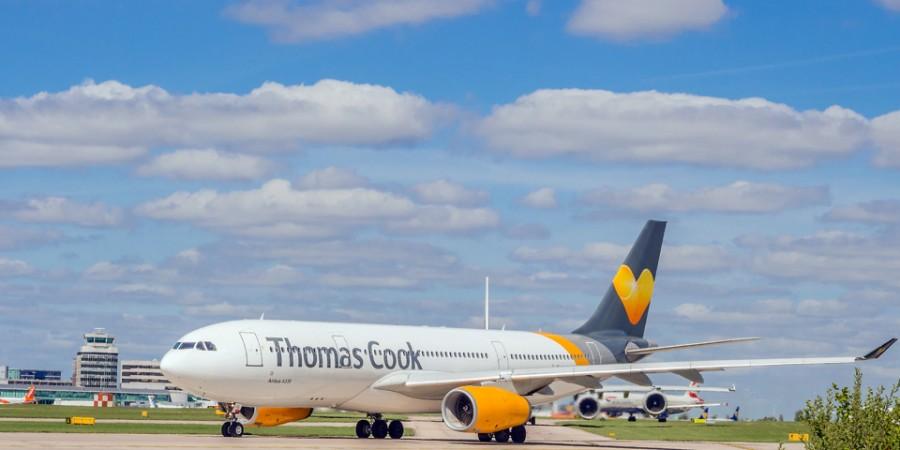
The Thomas Cook group that collapsed on Monday after the London and Frankfurt listed company stopped trading amid financial insolvency may have been a victim of the Brexit uncertainty, some reports suggest. The travel company that was founded in London in 1841 and ceased trading in the London and Frankfurt stock exchanges where it is listed had been in talks with lenders to raise cash to service its $2.1 billion debt.
Thomas Cook said on Monday it had entered compulsory liquidation and an order had been granted to appoint an official receiver to liquidate the company that had generated total revenue of $12 billion in 2018, a report in on the MoneyControl website said. Talks of lenders collapsed over the demand for an additional $248 million apart from a $1.12-billion bailout that had earlier been agreed, reports say. Apart from the global stagnation in the travel sector amid the rise of competition that pushed up the debt levels of the grand old company, the likely geopolitical uncertainty from a chaotic Brexit and the unsettled Middle East tourism market might have contributed to the reluctance of the lenders to expand credit.
The collapse of the world's oldest travel company has triggered fears more companies might face a similar plight if the Brexit uncertainty prolongs amid fears of a US-China trade war as neither US President Donald Trump nor Chinese President Xi Jinping is in any mood to stand down.

The Thomas Cook Group opted for compulsory liquidation after Thomas Cook bosses failed in a Sunday meeting with lenders and creditors in London to thrash out a last-ditch deal to keep afloat the company that last year served 19 million travellers across 16 countries.
Thomas Cook CEO Peter Fankhauser apologized to "our millions of customers, and thousands of employees, suppliers, and partners who have supported us for many years". The company's liquidation leaves nearly 600,000 passengers in the lurch, among whom are 150,000 UK citizens, forcing the Boris Johnson government to launch one of the biggest peacetime repatriations in history. "This marks a deeply sad day for the company which pioneered package holidays and made travel possible for millions of people around the world," Frankhauser told newspersons.
We are sorry to announce that Thomas Cook has ceased trading with immediate effect.
— Thomas Cook (@ThomasCookUK) September 23, 2019
This account will not be monitored.
Please visit https://t.co/WWiKkzLYQJ for further advice and information.#ThomasCook pic.twitter.com/Nf1X3jn97x
Under the original rescue plan, Fosun – whose Chinese parent-owned all-inclusive holiday firm Club Med – was to give $552 million in return for at least 75 percent of the tour operator business and 25 percent of its airline, the report said. Thomas Cook's lenders were expected to raise a further $560 million and convert their existing debt to equity, giving them in total about 75 percent stake in the airline and up to 25 percent of the tour operator business.

















